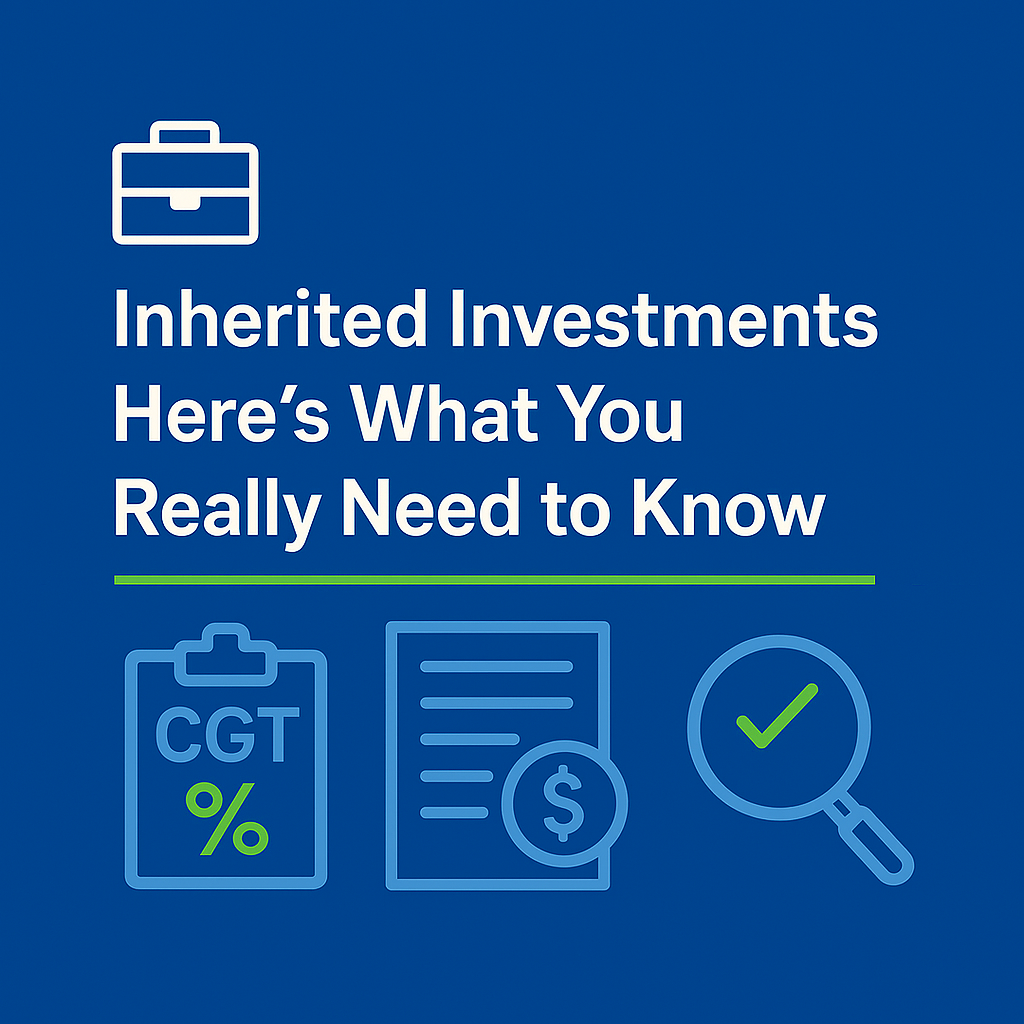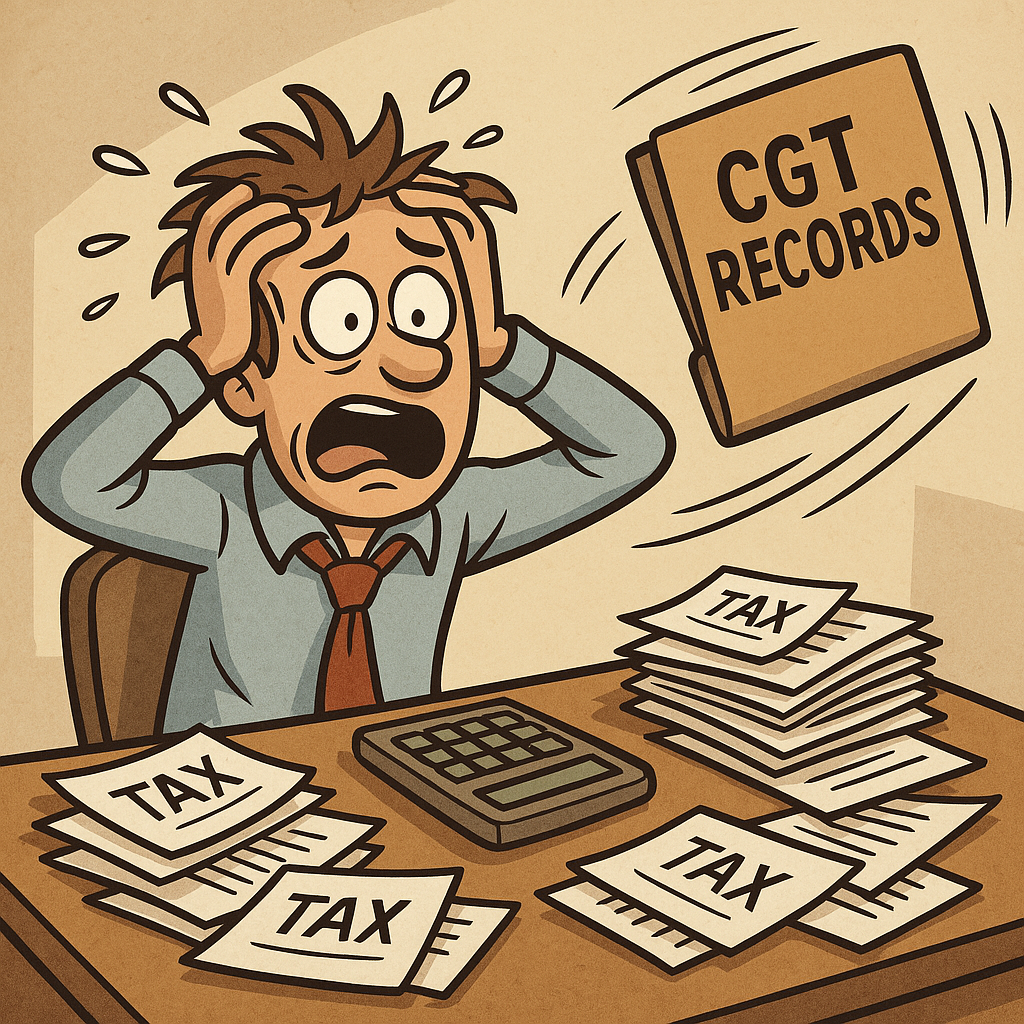GST refresher for your business
Most businesses are familiar with how GST works. But here’s a few reminders to make sure you’re being compliant and maximising your GST claims.
GST is paid at each step in the supply chain and business charge GST in the price of goods, services or anything else they supply. If an entity is registered for GST, it can claim input tax credits from the ATO for any GST included in the price paid for goods, services or anything else bought for the business. However, for GST registered enterprises, the liability to pay GST rests on the supplier of goods and services, not on the consumer. In other words, even if the business does not include the GST in the price of goods and services supplied, it is still liable to pay it to the ATO.
Coffee or cars anyone?
You may be thinking of rewarding the office with an impressive new coffee machine for the staff room, or perhaps you are thinking a bit bigger, say a new vehicle. Either way you may want to keep some of these GST issues in mind:
1. Second-hand goods*
Buying second-hand can often be cheaper. However, if you purchase from a non-registered seller (eg, a friend, or privately via Gumtree, eBay etc) unless the seller is a re-seller of second-hand goods registered for GST, in most cases you will not be able to claim GST on the purchase. (And if you are registered for GST, don’t forget to charge GST when you sell your business assets regardless of whether the purchaser is registered for GST or not).
(*excludes goods containing valuable metals)
2. Deposits
The purchase of a significant asset often requires a deposit to be paid. If you report GST on a cash basis, you will not be entitled to claim a GST input tax credit on the deposit at the time of paying (you may be entitled to claim it if you have paid an amount in addition to the deposit, or if you report GST using the non-cash accounting method and hold a tax invoice). If you haven’t claimed GST at the time of paying the deposit, make sure to claim GST on the full purchase price, including the deposit, when the deposit is later applied towards the cost of the asset (which may occur in a later BAS reporting period).
3. Purchasing a car for more than the car limit
Your GST input tax credit will be limited if you purchase a car with a cost that exceeds the tax car cost limit for depreciation. The car cost depreciation limit is the maximum you can claim as depreciation deductions for income tax purposes ($68,108 in 2023-24). Where the cost of your car exceeds this value, your GST claim is limited to 1/11th of the car limit ie, $6,191 (1/11th x $68,108). Importantly, there are some exceptions to this rule where your GST entitlement will not be limited, including on the purchase of a commercial vehicle (those not designed to carry passengers) or motor homes and campervans.
Be aware, however, that on the disposal of the car there is no corresponding reduction or adjustment to the GST on the sale proceeds ie, you must pay the ATO 1/11th of the full sale proceeds. This is the case, even if your GST and depreciation claims were limited on the purchase under these rules.
4. Cancelling your GST registration
A cost that is often overlooked when considering winding up a business is the potential need to repay GST previously claimed in respect of assets you still hold. In most cases (there are a few exceptions), you must cancel your GST registration within 21 days of selling or closing your business. You can also choose to cancel your GST registration if your GST turnover is below the turnover threshold ($75,000). If, when you cancel your GST registration, you still hold business assets on which you previously claimed GST, you may need to repay some of those credits, depending on how long you have owned the asset and its original cost. The adjustment will generally be 1/11th of the GST inclusive value of the asset at the time of cancelling your registration (where this value is lower than its original cost).
Small but not insignificant
It’s not just on these larger transactions where we can uncover GST issues. Although the dollars involved are usually more significant when buying and selling business assets, it is extremely easy to over or under claim GST on our day-to-day transactions and over time, these too can add up to a sizeable GST adjustment. For example:
- Bank fees – ordinary monthly bank account charges won’t include GST, but merchant fees do so check your accounting system is set up to capture the GST on those merchant fees.
- Insurance policies – insurance policies often include a small stamp duty component which does not attract GST. If your accounting software is set up to claim a full 10% GST (or 1/11th of the premium cost) you may be overclaiming GST.
- Recharge or top-up cards – eg, for tolls, telephone (and vouchers given as Christmas or other gifts) – GST should only be accounted for when the recharge is used or redeemed for purchases used in your business, not when the cards or vouchers are purchased.
- Private apportionment – eligible small businesses can make an annual apportionment of GST where purchases are partly for business and partly for private purposes rather than each time you pay an expense. You can make this adjustment in the activity statement that covers the period your income tax return is due, making sure not to reduce your GST claim twice (once when you paid the expense, and once as part of the annual adjustment).
- Software subscriptions – you may not be claiming GST on software subscriptions on the basis that the supplier is an overseas supplier.
However, from 1 July 2017 the rules changed in this area so you may be paying GST when you do not have to, or not claiming GST when you could be – you will need to check your tax invoices and let your bookkeeper or accountant know if the software subscriptions you are paying include GST (or provide the software supplier your ABN so you are not charged in the first instance).
Remember the best way to maximise your GST claims is by checking your tax invoices for GST paid (you have four years to claim the GST), and then keeping those and other GST records for 5 years.
If you have any questions around GST, reach out to us.











